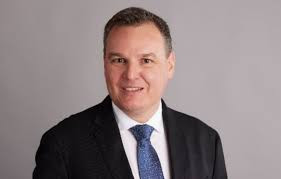BULAWAYO City Council (BCC) is planning to audit its billing system to ascertain the cause of inaccurate bills.
This comes as residents have expressed concern over inflated bills at a time when the city is implementing a 72-hour water rationing schedule.
Latest council minutes state that the issue was raised by ward 13 councillor Frank Javangwe who wanted to know why in-service debtors had increased in January 2023.
Javangwe enquired on debt collection strategies that were being implemented by council.
“In his opinion, he felt that the billing system had to be audited in order to identify the cause of the inaccurate bills. He was of the opinion that council should emulate other local authorities and incentivise its debtors by awarding them discounts,” the minutes read.
The minutes also state that councillor Felix Mhaka was of the view that council’s debt collection strategy needed to adhere to its credit policy.
Keep Reading
- Uproar over census figures
- Byo Arts Festival in turmoil…One year later, festival has yet to pay artists…Organisers play cat and mouse with artists
- Bulawayo struggles to clear housing backlog
- Japanese embassy rescues 260 HIV orphans in Mbare
Mhaka suggested that the financial services department must stop estimating bills in order to avoid inconsistent billing.
Residents, said it was unfair for council to unleash debt collectors on ratepayers who are dissatisfied with its billing system. One resident, Sinikiwe Tshuma said: “Council is now exploiting us. Our taps are always dry, but the bills we get every month are just so unfair. Imagine last month I owed council $17 000, but the bill has risen to $95 000. What kind of billing system are they using? They really should put their house in order.”
Another resident, Thandolwenkosi Khanye castigated council for not doing its job properly.
“We really feel let down by council because right now as residents we are doing the job for them. They no longer send people to do meter readings; they are now estimating bills which are inflated. We get water four times in a month. That is once every week, yet we receive unreasonable bills. That is not acceptable,” Khanye said.





